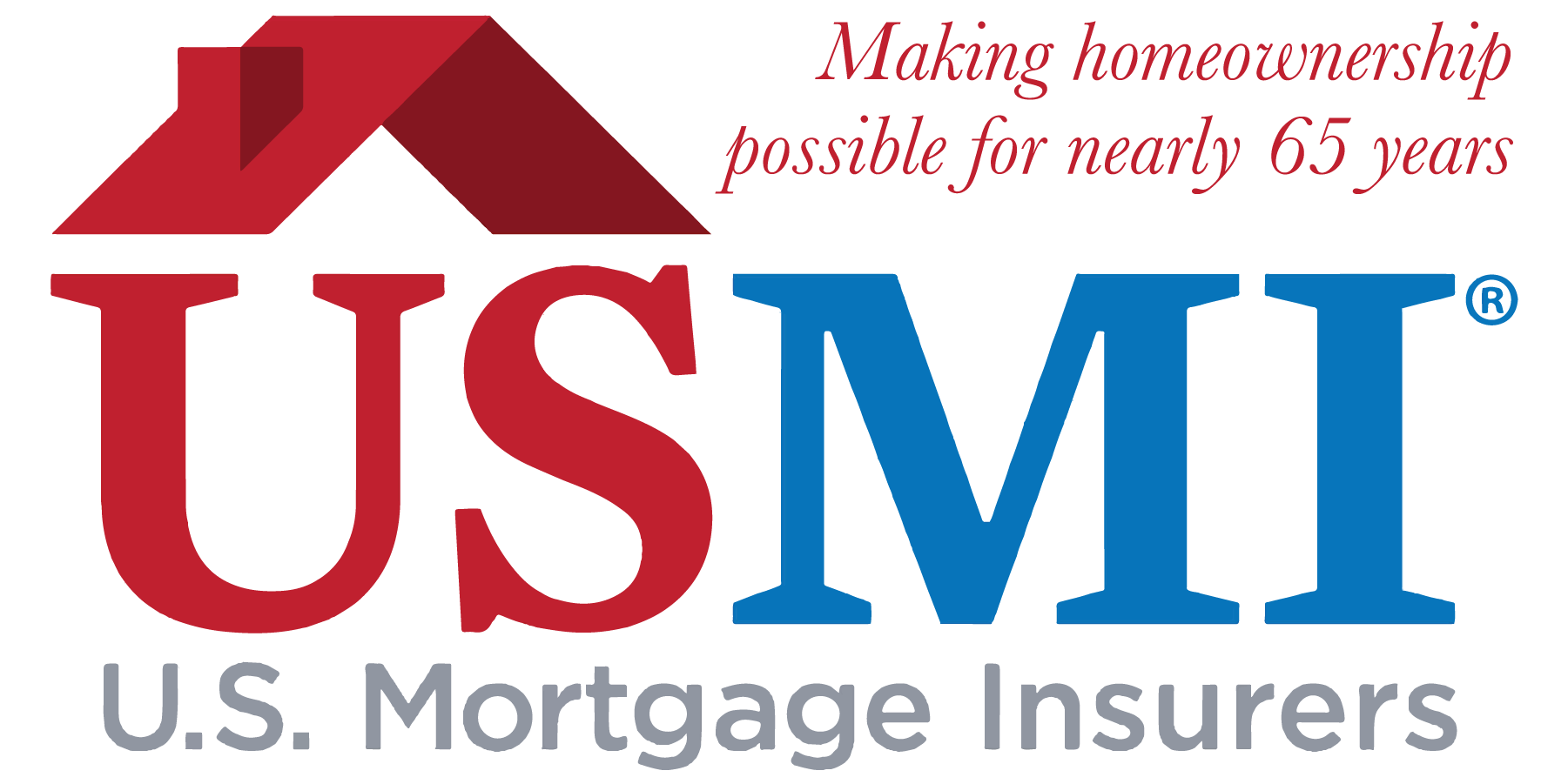Here is a roundup of recent news in the housing finance industry. USMI’s Lindsey Johnson interviews USMI Board Chairman Patrick Sinks on the 60th anniversary of the private mortgage insurance (MI) industry. Additionally, a recent congressional bill aimed at promoting greater transparency at Fannie Mae and Freddie Mac (the GSEs) was passed by the House of Representatives, President Trump announced his nomination for Deputy Secretary of the Department of Housing and Urban Development (HUD), and the Mortgage Bankers Association (MBA) released a new report on reform recommendations for the GSEs and housing finance system.
- Private Mortgage Insurance Industry Turns 60. This week, USMI published a Q&A between USMI President and Executive Director Lindsey Johnson and USMI Chairman and Mortgage Guaranty Insurance Corp. (MGIC) CEO Patrick Sinks. In their discussion, Johnson and Sinks discuss the past, present, and future of the MI industry, and how MI has helped people affordably become homeowners for 60 years.
- House Bill Aims to Open GSE Records to FOIA. This week, the House of Representatives passed H.R. 1694, the Fannie and Freddie Open Records Act of 2017, by a unanimous vote. H.R. 1694, introduced by Rep. Jason Chaffetz (R-UT), would mandate Fannie Mae and Freddie Mac to accept and process Freedom of Information Act (FOIA) requests from the public, and release information to satisfy FOIA requests as long as they remain under federal conservatorship.
- President Trump Announces Deputy Secretary of HUD Nomination. Today, President Trump announced the nomination of Pamela Patenaude to be Deputy Secretary of HUD. Patenaude is currently the President of the J. Ronald Terwilliger Foundation for America’s Families and previously served as Director of the Bipartisan Policy Center Housing Commission. USMI issued the following statement on Patenaude’s nomination:“Pam Patenaude is a strong choice to serve as Deputy Secretary for HUD. Throughout her career, she has been a proven leader on housing issues and will bring a wealth of knowledge and experience to the agency. USMI looks forward to working with Pam on the important issues facing the housing finance industry.”
- MBA Releases New Report on Reform Recommendations for GSEs and Housing Finance System. This week, MBA released a report outlining its recommendations to reform the GSEs and the housing finance system. The report covers many areas such as the value of loan-level credit enhancement and the benefit of private MI, as well as promotes greater use of front-end credit risk sharing including through private MI. The report also recognizes the important functions of private market participants and reinforces that there should be a bright line between the functions of private market participants in the primary market and those of secondary market participants. In a statement on the report, USMI President Lindsey Johnson said:“USMI is pleased to see MBA and other industry, trade and consumer groups provide ideas and proposals for how to reform the housing finance system and we look forward to continuing to work with MBA and others to promote reforms to the housing finance system to put more private capital in front of taxpayer risk and to create a more sustainable housing finance system that works for market participants, taxpayers and consumers. For 60 years, MI has provided effective credit risk protection for our nation’s mortgage finance system. This time-tested form of private capital should be the preferred method of absorbing credit loss in front of any government guaranty, helping to minimize taxpayer risk while ensuring mortgage credit remains accessible.”










